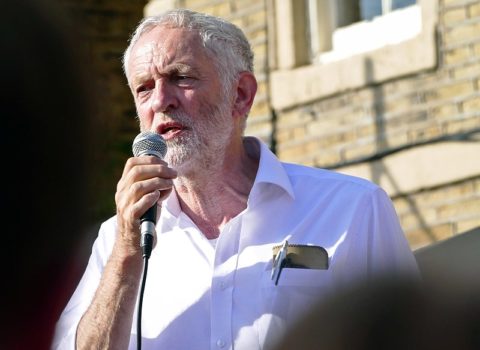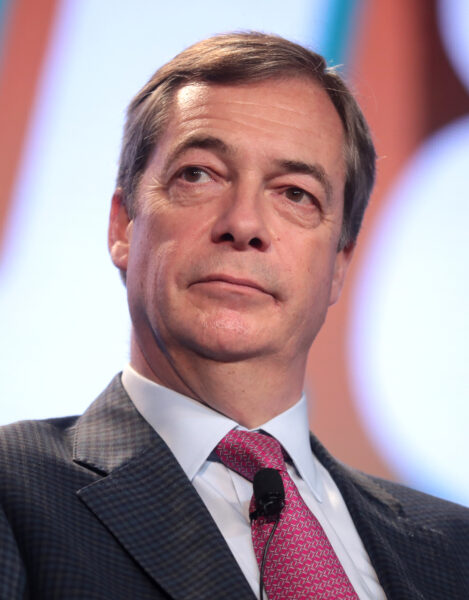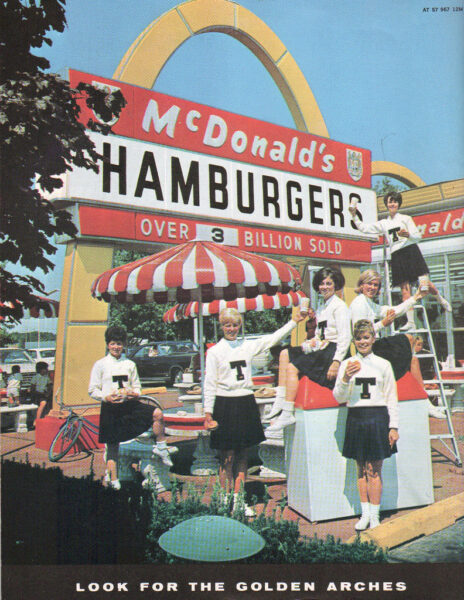Paul Wells uncharacteristically posted his initial reaction to the Toronto-St. Paul’s by-election after the polls closed, but before the counting was over. He chose … poorly:
[Liberal candidate Leslie] Church’s margin of victory over Conservative candidate Don Stewart bounced around 10 points all Monday night. As I get ready to hit Send on this post, it’s closer to 6 points, and I have no way of knowing whether it will shrink or expand as more results come in. But if it were 10 points, that would be 9.9-ish points more than you need for a victory. I’m especially pleased to report that the result constitutes yet another glorious victory for Wells’s First Rule, which holds that for any given situation, Canadian politics will tend toward the least exciting possible outcome. In particular, in the last several days, I’ve been telling friends that this would be a particularly solid Wells’s Rule victory if the night ended with Tyler Meredith boasting on X. Et voilà:
If you slice the returns finely enough, pace Tyler, they might yield more omens and portents. Ten points would be the Liberals’ narrowest margin in TSP (as I’ll call the riding for short) since 2011, and the second-lowest in 31 years. In 2008, when the Liberals under Stéphane Dion were reduced to 77 seats out of 308, the Liberal margin of victory was more than twice what it was in Monday’s by-election. A 10-point margin of victory in TSP is what Liberals get when there’s almost no water left in the pool.
But so what. A win’s a win. By-elections are a blunt measuring tool. Paying subscribers will fill this post’s comment board with theories to explain away the night’s results, and for all I know, some of them might even be correct. Besides, for a few weeks I’ve believed that even if the Liberals had managed to lose TSP, there would have been no public or organized effort within the party to remove Justin Trudeau as leader. You can’t teach an elephant to dance, or a Trudeau Liberal to abandon the internal loyalty that has been one of the hallmarks of his leadership.
So if I’m a Liberal MP — humour me, it’s a thought experiment — I now know what the next year looks like. Justin Trudeau has spent his adult life waiting for the rest of us to realize he was right all along, as we saw in a book that was published last month to extravagant praise. The returns from Toronto will comfort the big guy’s belief that the scales have again begun to fall from Canadians’ eyes, and that therefore this is absolutely the worst time to mess with a winning formula.
He’ll stay. Katie will stay, Ben will stay, Chrystia will stay, Mélanie and Seamus and Max and Clow and all the cats will stay, and the Trudeau team will show new spring in its step as it prepares to get, once more, off the ropes and back into the fray.
To be fair, he did add an update overnight indicating that Stewart had pulled ahead but the counting was still ongoing, and a link to the Elections Canada preliminary results, which I screencapped here just after 9am:
This morning, Mr. Wells posted a follow-up to yesterday’s ever-so-slightly misleading article:
Well, of course I saw it coming all along. What kind of fool could have imagined the Liberal in Toronto — St. Paul’s had any chance?
Hang on. I’m just getting word that I didn’t see it coming. In fact, as recently as Monday night I wrote a post I’ll be hearing about until the cows come home. Sorry about that!
Here are the actual final results, barring any recounts, which may not happen because Conservative Don Stewart’s margin of victory, while slim, is too large to trigger an automatic recount.
Congratulations, Don Stewart! I never doubted you’d win. Hang on. I’m just getting word that I doubted you’d win as recently as last night.
Things will now start to happen quickly. Expect Liberals to work their way through four of the five Kübler-Ross stages of grief before lunch. Denial will come easily, benefiting as it does from long practice. Acceptance may take longer.
In part this is because on paper there isn’t that much to accept. The day’s news is not earth-shaking and, in isolation, should not be taken as definitive. It’s true that by-elections are strange events, though if you add them together they do have some predictive power. It’s true that Leslie Church’s long service as Chrystia Freeland’s chief of staff turned out to be more of a hindrance than a help, a data point whose implications the Deputy Prime Minister won’t want to think much about today. It’s true the Liberals didn’t even try all that hard, if by “didn’t try all that hard” you mean “they tried as hard as they possibly could, my God they tried so hard, my God.”
But a single off-season defeat in a riding the Liberals have, in fact, previously lost during the Paleozoic era is not a larger thing to accept than, say, a punishing loss to Ireland and Norway in a Security Council vote at the UN. Or the loss of two senior cabinet ministers in a controversy in which the ministers who quit were radiantly, obviously in the right. Don’t take my word on that, incidentally: ask David Lametti, who agreed with Jody Wilson-Raybould but managed to keep his job anyway. For a while.
I imagine there’ll be a lot of interesting commentary from other Canadian sources as the day rolls on and the immediate horror starts to recede…









